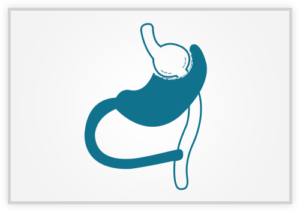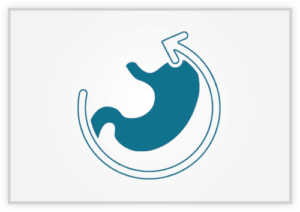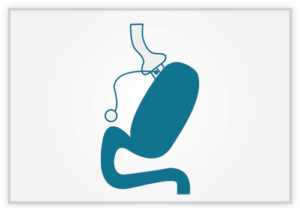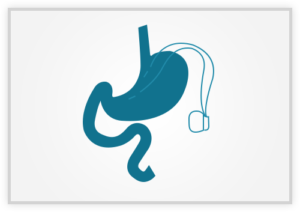Below are common questions our bariatric surgery patients ask during initial consultations. Since every patient is different, it is important to also address your questions and concerns directly with your surgeon at LI Obesity Surgery.
Most insurance policies will cover bariatric surgery, but their statuses do change often. LI Obesity Surgery has insurance experts who will help you navigate through the process. For questions about insurance, please contact us and we will be happy to go over your options.
First, it is necessary to calculate your body mass index (BMI). For most insurance approvals, the requirement is at least a BMI of 40, however, if you have significant obesity-related health problems like diabetes, hypertension, or sleep apnea, you may be a candidate with a BMI as low as 30.
In addition to being a solution to fighting obesity, bariatric surgery reduces the risk of various ailments and eliminates several diseases including:
Hypertension Type 2 diabetes
High cholesterol Heart disease
Sleep apnea Acid reflux disease
Asthma Stroke
Cancer Osteoarthritis
It is a physical change to your stomach and hormonal change to your body. While it is still important to make smart dietary decisions and exercise on a regular basis, surgery makes significant weight loss goals possible for our patients. Studies show that patients who have bariatric surgery lose more weight than those who only diet and exercise, and are able to keep it off long term.
Yes, absolutely. The potential risks associated with surgery are far less than the risk of remaining obese. It is very important to choose a bariatric surgeon that is a leader in the field and experienced in handling complications that can arise during obesity surgery. At the LI Obesity Surgery, our specialists meet this essential criteria.
Typically patients regain weight due to two reasons: bad habits and a procedure done by an inexperienced surgeon. If a patient has had bariatric surgery in the past and has regained a significant amount of weight, or did not come close to losing the weight discussed with their surgeon, the patient might be a candidate for revision surgery. Learn more about revision surgery here.
There are many factors that affect how much weight a patient can lose. Typical weight loss for the gastric sleeve and gastric bypass procedures is 75% excess weight loss in one year.
Absolutely, but patients need to be aware that it is a process, and may take up to a year to experience the weight loss discussed with your expert surgeon at LI Obesity Surgery.
Patients should refrain from driving for five days after surgery, from lifting more than 20 pounds, and can usually return to a sedentary type job within 1 – 2 weeks. Patients that partake in more rigorous work should discuss options with their LI Obesity Surgery surgeon or PA. Drinking carbonated beverages and drinking from straws are also discouraged after surgery.
While pregnancy is certainly possible after bariatric surgery, we encourage patients to hold off for two years post-surgery. This allows ample time for effective weight loss and adjustment to the new lifestyle.











